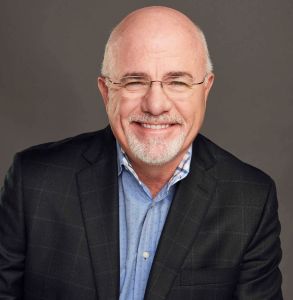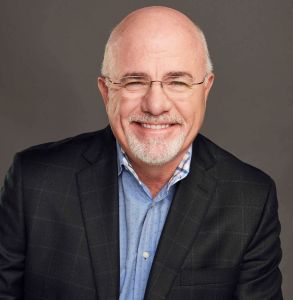Owl’s Eye: Frankenstein here
Published 12:00 am Wednesday, September 27, 2023
We owls like folktales. Frankenstein was a tale written over two hundred years ago as part of a contest among friends, stranded in wintry Geneva, Switzerland. Mary Shelley’s Frankenstein won, and still engages us over the centuries. Why could that be?
Frankenstein told the story of a scientist who stepped beyond the accepted moral laws. He created a patchwork, living being from electricity and parts of corpses. It was horrific to behold. Giant, watery eyes and translucent skin made the “monster” seem the very picture of the unknown, of horror beyond imagining.
Trending
Yet the “monster” wasn’t evil, only different. Because it was different, everyone was afraid of it. The story is tragic because the different creature made by Dr. Frankenstein suffered deeply, because he was rejected by others. He longed for acceptance. The story challenged much of what was accepted as normal in the early 19th century.
As I waved my wings over the Frankenstein pages, I thought I was reading something about the here and now. Seems that people these days fear more than have courage to understand new ideas. We find people running away from others who might not be like them. They run because they don’t know how to try to understand others.
Our nation almost went mad when women demanded the right to vote. Families would collapse. Husbands would become puny weaklings. American values would evaporate if women got the right to vote, screamed the fearful. Finally, after having been locked up, force fed through broken teeth in prison, jeered and harassed, they won the right to be a part of how we run America. That was a little over 100 years ago. Decatur Library offered a fine program on many local “suffragettes” who fought the good fight back then to win the vote for women.
Or how about the sexually different? We watched a powerful movie recently about Alan Turing, the man who was able to break the German secret Enigma code. His efforts literally helped win World War II for the Allies. He was homosexual. A little research led to a gallows’ humor discovery. In the mid-20th century, homosexuality of government employees was considered a national security risk. Why? Well, if you were homosexual, you could be blackmailed by enemies. They could threaten to expose you, and you’d lose your job if you didn’t, say, give away secrets to the blackmailers. This 1950s worldview became a self-fulfilling prophecy. If I say you must hide your sexuality, then I automatically make you eligible to be blackmailed by exposure. If you could be honest about your life, you’d have been totally in the clear, immune from blackmail. But fear of the unknown, of the different, led many people to hide their sexuality. Or, tragically, to take their own lives when the hidden life became too hard to manage.
We still find these same created crises affecting real people. We have a long history of this. Two competing worldviews led one group of Americans to be denied full membership in our armed forces in one era, while finally being accepted in another. This would be our African-American citizens. Of course, we can include those considered “transexual” who were denied full citizenship. They found themselves denied entry to the military services in the last decade, and acceptance in this. Odd, isn’t it? When someone is shooting at you on the battlefield, someone who would defend you would not be asked their racial makeup or sexual preferences, would they?
We here in our little county are constantly reminded how this is a “great place to raise children.” Why do you suppose that is? Aren’t we trying to do our best to make our children less fearful as they grow up? Aren’t we all willing to give the other person the benefit of the doubt? We can discuss differences with our friends, our family, and in schools. We can read thoughtful books about differences. We can share our questions with others who care, our family or professionals, such as teachers and librarians. Not some kid on the playground. We need validated information, and with information we’ll perhaps be on the road to understanding.
Trending
We have thousands of new Limestone Countians. We don’t want to prejudge them. We want to be friends and help them fit in. If we have a club, or church, sports or social group that welcomes everyone, that will go far in making this a place to call home.
Frankenstein is a story. It speaks the truth however about real people, who are pre-judged because they are different. Don’t let this happen to your own family, or friends, or neighbors. That long ago winter’s writing contest has a lot to tell us today.





